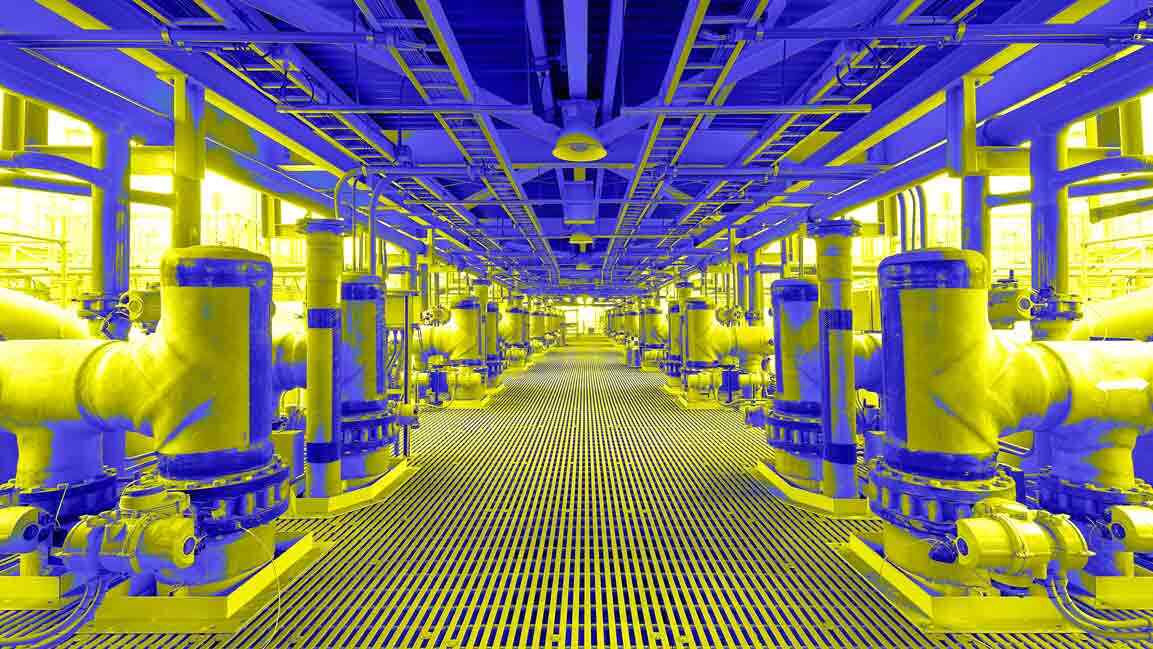- | 11:00 am
Saudi Arabia achieves 12% rise in water reuse amid sustainability push
To tackle its looming threat of acute water scarcity, key sectors in Saudi Arabia are shifting towards renewable groundwater resources.

Economic diversification remains a cornerstone of Saudi Arabia’s Vision 2030, but the Kingdom is increasingly focused on developing sustainable alternatives for non-renewable processes that underpin industry standards. Currently, 62% of Saudi Arabia’s water supply depends on depleting natural sources, a slight decrease from 68% in 2022.
Advancements in irrigation technology and cleaner agricultural practices, such as the consumption of renewable groundwater, mark the onset of Saudi Arabia’s sustainable economy. To become efficiently sustainable, the Kingdom is tackling its geographic hurdles to ensure longevity across distribution channels.































